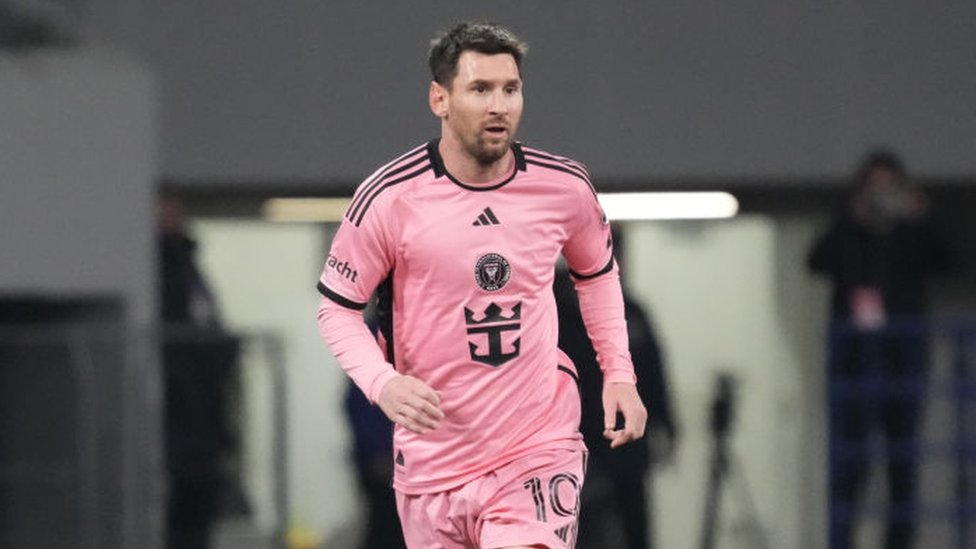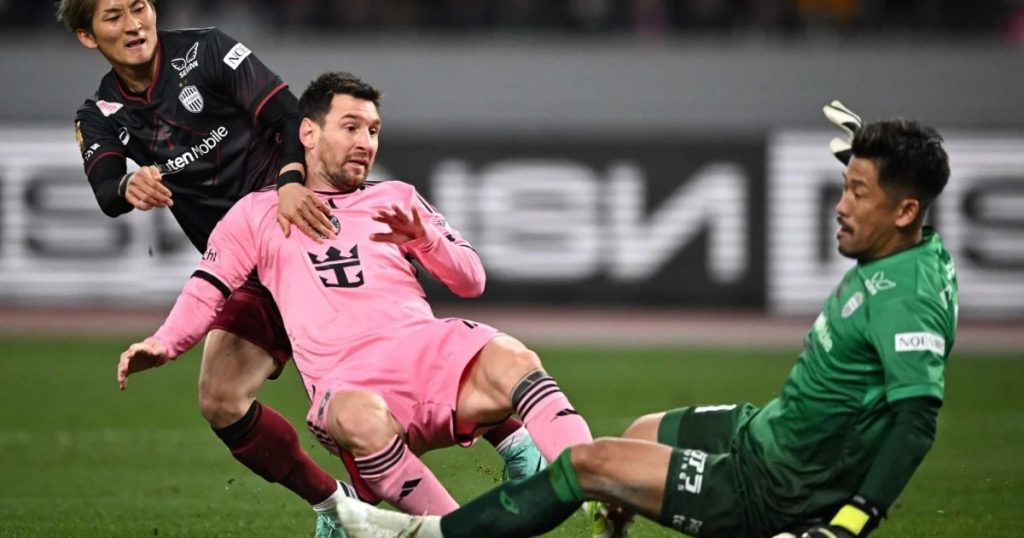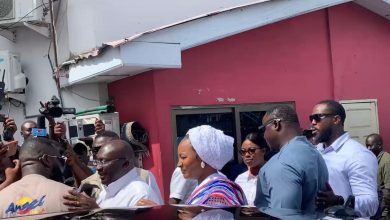
Lionel Messi’s absence from a Hong Kong match followed by his appearance in a Japan friendly has incited anger among Chinese fans and fueled conspiracy theories.
Accusations from the Global Times suggested “political motives” by Messi and Inter Miami, aiming to embarrass Hong Kong.
Despite citing injury, Messi remained benched during the Hong Kong match, leading to skepticism among fans, some questioning the legitimacy of his injury claim.
Disgruntled fans at Hong Kong Stadium, numbering 38,000, booed and demanded refunds after Messi’s no-show, having paid up to HK$4,880 to witness the football superstar.
This starkly contrasts with his warm reception in Beijing the previous year, where 68,000 fans eagerly paid to watch him play.
Messi’s endorsement deals with prominent Chinese brands further heightened expectations.
Government officials, including Hong Kong’s secretary for culture, sports, and tourism, expressed frustration, claiming assurances of Messi’s participation were given.
However, they were informed of his injury just minutes before the match’s end, prompting last-minute efforts to salvage the situation.
The reaction from Hong Kong lawmaker Regina Ip was particularly intense, condemning Messi, Inter Miami, and alleging a deliberate snub orchestrated by unseen forces.

The match organizer, Tatler Asia, emphasized Messi’s contractual obligations and withdrew their application for government funding, highlighting the financial implications.
Messi’s apology on Chinese social media platform Weibo drew mixed responses, with many condemning him as a “conman” prioritizing profits over fans.
Some netizens expressed disillusionment, suggesting he refrain from future visits to China.
The saga underscores the complex dynamics between sports stars, fans, and commercial interests in international sporting events.
Source-BBC




